
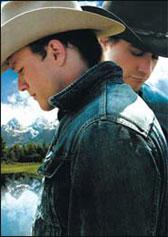 |
| (China Daily) |
Key Words: Ang Lee; Life of Pi; Oscar Award of Best Director
Related:
>> In photos: Ang Lee wins Oscar Award for Best Director
>> Winners of 85th Academy Awards
Ang Lee's second Academy Award win, in the Best Director category, has cemented his stature as the most celebrated of Chinese-speaking filmmakers.
This is not only a testament of Oscar's reach and penetration, but also an emblem of the Taiwan-born director's uncanny brilliance in transcending cultures and languages.
Life of Pi, for which he won Sunday's award (Monday, Beijing Time), has nothing to do with China in either story location or plotlines, but Chinese audiences have embraced it with an open heart because we sensed an infusion of Chinese characteristics in the story-telling and the themes.
This high-seas adventure received an ecstatic reception when released in the Chinese mainland and was parsed with a rare degree of glee and grit. As a matter of fact, we have discovered traces of Chinese-ness in most of Ang Lee's non-Chinese-language pictures.
When he brought Jane Austen's Sense and Sensibility to the screen in 1995, many were amazed at how idiomatically English it was. Unlike Mira Nair, who injected a Bollywood-style dance sequence into her version of Vanity Fair - also an adaptation of an English literary classic - there were no jarring elements of Chinese culture in Lee's non-Chinese-language endeavor.
The two cowboys in Brokeback Mountain did not start kung fu fighting, for that matter. Yet, beneath the surface, we are able to detect a unique embodiment of Chinese civilization, or Asian culture in general.
In Life of Pi, this fusion of cultures reaches an almost unprecedented level. The fact that the protagonist believes in Hinduism, Islamism and Catholicism goes back to the novel, but the smattering of Buddhist symbols points to a message of inclusiveness and tolerance that the director seems to have embedded in the movie.
He always shies away from preaching or clarifying his intentions, leaving plenty of room for interpretation. Yet, his richly textured visual and narrative style offers a feast for thought, but never at the risk of overfeeding you.
The way Ang Lee told this and other tales on screen, as well as the incandescent wisdom embodied in them, are a throwback to ancient China when Chinese literature and art displayed a brilliance that was all-embracing and never domineering, with a pace that is unhurried yet allows for spontaneity.
Confrontations, if they exist, are rarely verbal or physical, but hinted at. And the tone tends to be avuncular, that of a younger version of the proverbial wise old man. No wonder Lee is often referred to in China as "Uncle Ang".
I have always doubted whether Ang Lee would be able to have launched a film career in the Chinese mainland. Film directors here are supposed to be despotic, but Lee is gentle in manner and soft in voice. He once said that to be a film director in Hollywood is like being a president because you've got to serve everyone else, but it's more like an emperor in Asia because everyone serves you.
With a disposition like his, stars might have harbored a secret disdain for him - before he was fully established, that is. Now, whenever he appears on television, people say: "See how scholarly-gracious Ang Lee is!"
Indeed, Lee does not put Chinese images such as the red lantern or cheongsam in your face, but he and his works are the quintessential personification of the glory of Chinese culture - Chinese culture at its most cordial and sophisticated, in the tradition of the scholar artist. That sets him apart from peddlers of Chinese exotica.



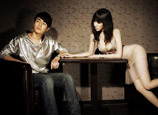
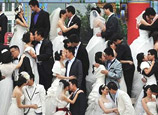

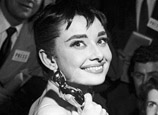
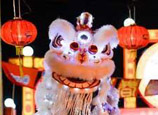








 Beijing Film Academy releases list of re-examination
Beijing Film Academy releases list of re-examination


![]()
